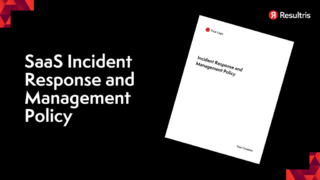

Written by: Tim Eisenhauer
Last updated:

In the fast-paced world of ecommerce, content marketing has become a key driver of success, helping businesses build brand awareness, engage their target audience, and increase sales. In this comprehensive guide, we will explore how ecommerce companies can leverage content marketing to connect with their customers, optimize the buyer’s journey, and achieve meaningful growth.
Content marketing for ecommerce plays a vital role in the industry, allowing businesses to differentiate themselves, build trust with customers, and create memorable brand experiences. By delivering valuable and engaging content, ecommerce companies can drive traffic, increase conversions, and foster customer loyalty.
Setting clear goals is essential for developing an effective content marketing strategy in the ecommerce industry. By aligning content marketing goals with your overall business objectives, you can ensure that your content efforts contribute directly to your company’s success.
Let Resultris help! Our expert team can simplify the process and guide your path to effective content marketing.
Creating valuable and compelling content is crucial for a successful content marketing strategy in the ecommerce industry. By understanding the unique needs and preferences of your target audience, you can create content that resonates, drives engagement, and generates sales.
Creating great content is only part of the equation; effectively distributing and promoting it is equally important. By leveraging various distribution channels and promotion strategies, you can increase the reach and visibility of your ecommerce content.
Content marketing for ecommerce is a powerful strategy for driving success in the industry. By understanding the role of content marketing, setting clear goals, creating compelling content, and implementing effective distribution and promotion strategies, ecommerce businesses can connect with their customers, optimize the buyer’s journey, and achieve meaningful growth. Embrace the potential of content marketing and unlock new opportunities for success in the dynamic ecommerce landscape.




